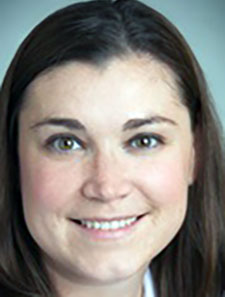Clinical question: Does upfront thoracentesis improve short-term clinical outcomes for patients with acute heart failure (HF)?
Background: Thoracentesis is being performed at increasing rates in patients with pleural effusion in the context of acute HF. No randomized controlled trials have been done to evaluate the effects of thoracentesis on patient-relevant outcomes.
Study design: Multi-center, unblinded, randomized, controlled trial
Setting: 10 cardiology centers at academic medical centers across Denmark
Synopsis: Patients with new-onset HF or acute decompensated chronic heart failure with left ventricular ejection fraction (LVEF) under 45% were referred for enrollment if they had a sizable pleural effusion suitable for thoracentesis. A total of 135 patients (median age 81 years, median LVEF 25%, 33% female) were enrolled 1:1 to either upfront thoracentesis plus standard therapy or standard therapy alone.
There was no difference noted in the primary outcome of number of days alive out of the hospital in the 90 days following randomization, with a median of 84 days for thoracentesis versus 82 days for the control group (P=0.42). Additionally, there was no difference noted in median duration of index admission (five days for each group), total symptom score, or all-cause mortality at 90 days (13% for each group).
This is the first randomized controlled trial to assess the effect of thoracentesis in hospitalized patients with reduced LVEF and pleural effusion. There was greater than expected variation in the primary outcome, which may limit the statistical power.
Bottom line: Upfront thoracentesis is not routinely recommended as it did not improve short-term clinical outcomes in patients with acute HF and pleural effusion compared to standard medical therapy alone.
Citation: Glargaard S, et al. A Randomized controlled trial of thoracentesis in acute heart failure. Circulation. 2025;151(16):1150-1161. doi:10.1161/CIRCULATIONAHA.124.073521.
 Dr. McKnight is an associate director of the hospitalist service at Yale New Haven Hospital and an assistant clinical professor at Yale School of Medicine, both in New Haven, Conn., and current president of SHM’s Connecticut Chapter.
Dr. McKnight is an associate director of the hospitalist service at Yale New Haven Hospital and an assistant clinical professor at Yale School of Medicine, both in New Haven, Conn., and current president of SHM’s Connecticut Chapter.